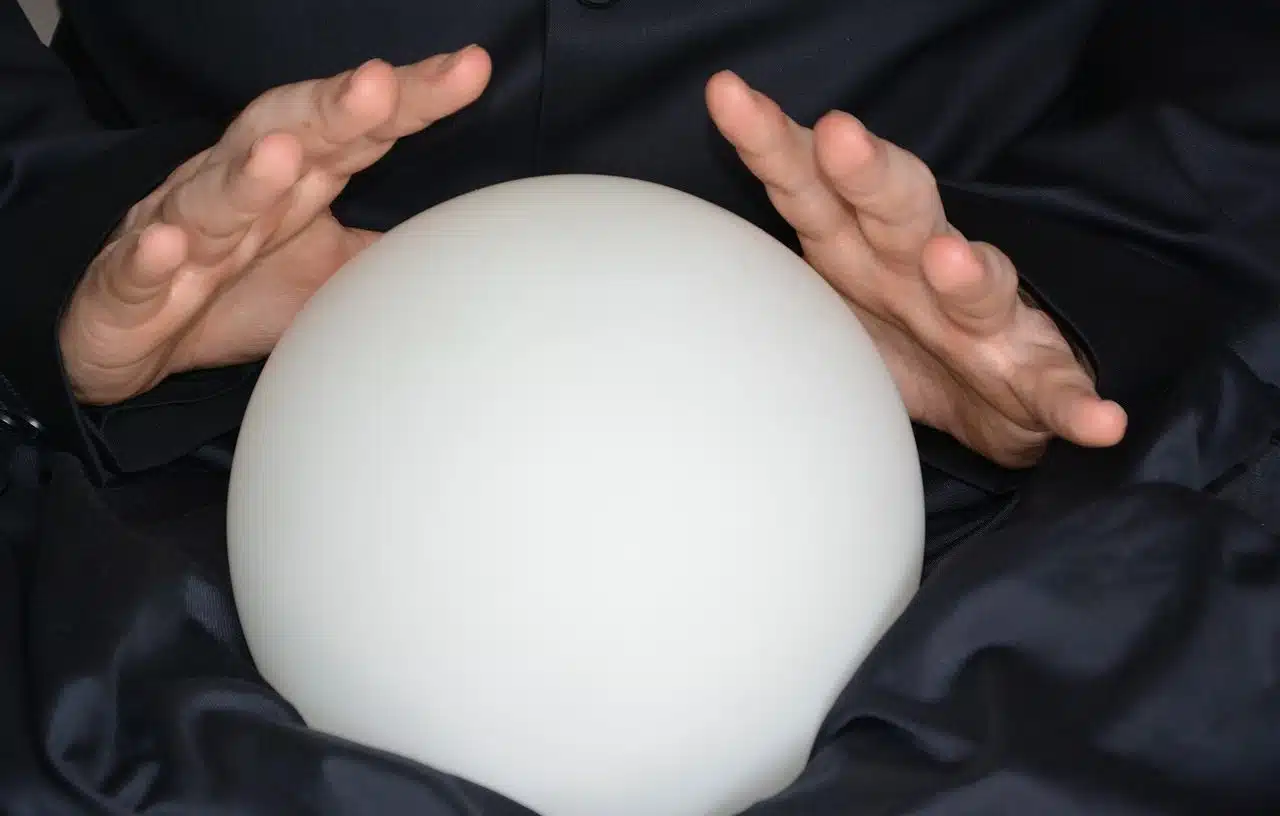
In Ancient Greece, the fortune teller was a priestess who acted as a link between people and the gods.
Pythoness is a concept that refers to the woman who, in Ancient Greece, was responsible for receiving concerns and transferring them to the gods and then responding on their behalf. These priestesses lived in temples and sat on a piece of furniture known as a tripod to give oracles.
Among the many historical sites in Greece , the city of Delphi , declared a World Heritage Site by UNESCO, stands out. There, thousands of years ago, there was a temple consecrated to the god Apollo next to Mount Parnassus that housed a famous oracle (a place where the gods responded to the population; the term oracle was also used to name these responses themselves). .
The oracle of Delphi received constant visits from the Greeks who wanted to consult the divinities to know their future. The rulers of the time, in fact, based their most important decisions on the answers they received from this oracle. In this framework the fortune tellers came into action.
Fortune Tellers Today
Today, by extension, all those women who attribute certain supernatural powers to themselves are known as fortune tellers. A fortune teller can be a witch , a fortune teller or a magician . For example: "They say that the president consults with a fortune teller before making a momentous decision " , "The neighbor who lives on the floor above claims to be a fortune teller and always makes comments about the future" , "They arrest a woman who, Presenting herself as a fortune teller, she defrauded retirees and kept their savings .
Currently, society often disbelieves in the ability of those who claim to be able to anticipate the future or communicate with the deities, which is why there are not many people who define themselves as fortune tellers.

Currently the idea of fortune teller refers to a fortune teller.
The figure of Jeane Dixon
A fortune teller who has undoubtedly been talked about in the last century was Jeane Dixon , a self-proclaimed psychic and astrologer born in 1904 in the United States , where she died 93 years later. In large part, he owed his fame to the various columns about astrology that he wrote in the newspapers of the time and to his almost ten books, the last of which was published a year after his death .
During his childhood, an encounter with a gypsy woman changed his life forever: after reading her hand, he told her that one day she would be "a very famous fortune teller worldwide" and that she would "help very powerful people" to get ahead. their careers. Dixon 's environment, on the other hand, was not very inspiring as far as supernatural events were concerned: both her father and her husband were dedicated to selling cars, and she herself participated in the latter's business for several years, taking over the position of president.
Among his most notable predictions is the one that made reference to the death of President John F. Kennedy . Four years before the 1960 election, Dixon anticipated that the winner would be a Democrat and that he would die in office or be assassinated. His statement about the wounds that one of the popes of the 20th century would receive, almost thirty years before John Paul II suffered an attack, was also echoed.
One of the traits that the best-known fortune tellers usually share is the need to control their public image, just as the divas of show business do. And Dixon was no exception: among the books she authored is her autobiography, in an attempt to make people remember her the way she wanted, seeing her achievements and successes in the foreground, and leaving in the shadows the inconsistencies that all psychic has once in a while. As a curious fact, despite the fact that her husband had divorced before marrying her, and practiced an activity not very well regarded by the Church, she claimed to be Catholic and thanked God for her gift.
